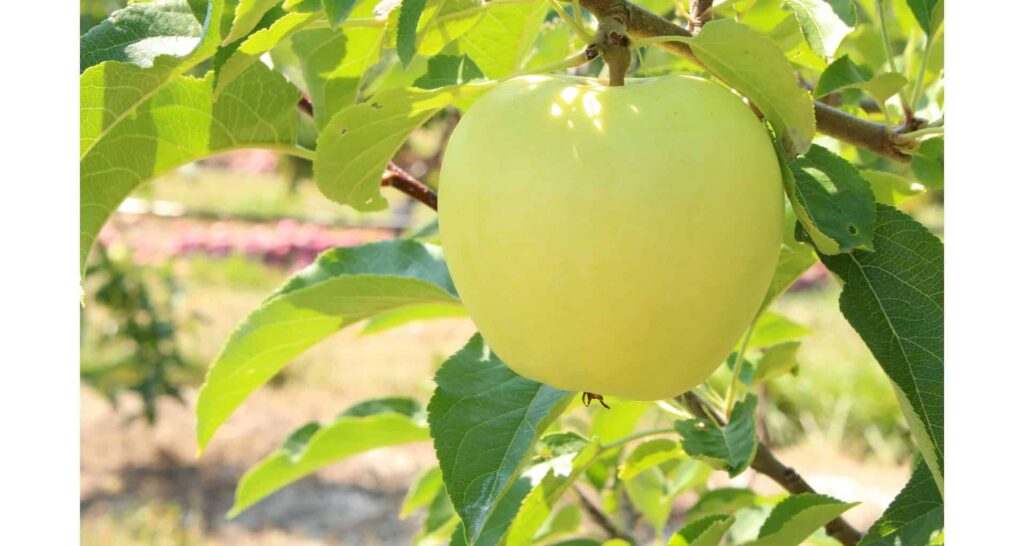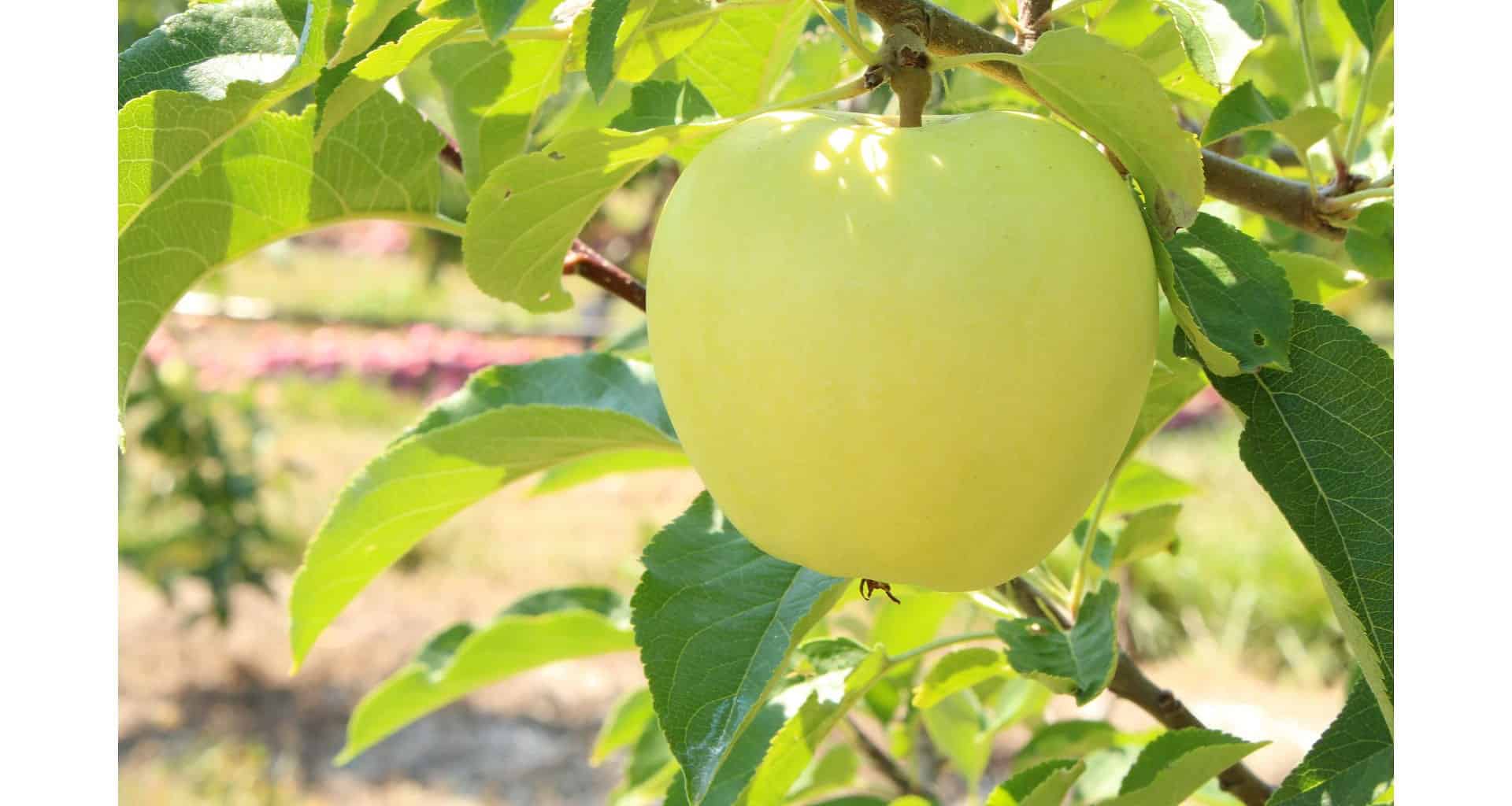
What is a Golden Apple? Exploring the Myth, Lore, and Reality
The allure of the golden apple has captivated imaginations for centuries. From ancient myths to modern-day fantasy, the concept of a golden apple resonates with themes of immortality, temptation, and ultimate power. But what is a golden apple, really? Is it purely a figment of our collective imagination, or is there a basis in reality? This article delves into the fascinating world of the golden apple, exploring its origins, significance, and possible real-world counterparts.
The Mythical Golden Apple: A Journey Through Legends
The most prominent appearances of the golden apple are found in various mythologies, most notably Greek and Norse. In Greek mythology, the golden apple plays a pivotal role in several key narratives.
The Apples of the Hesperides
Perhaps the most well-known story involves the Garden of the Hesperides. This mythical garden, located at the edge of the world, was home to a tree bearing golden apples. These apples were not just any ordinary fruit; they were a source of immortality for the gods. The Hesperides, nymphs who were daughters of Atlas, guarded the tree, along with a hundred-headed dragon named Ladon. One of the twelve labors of Heracles (Hercules) was to retrieve these golden apples. He eventually succeeded, with the help of Atlas, solidifying the golden apple’s association with strength, perseverance, and divine favor. [See also: The Labors of Heracles: A Comprehensive Guide]
The Apple of Discord
Another significant tale involves the Apple of Discord. Eris, the goddess of discord, was not invited to the wedding of Peleus and Thetis. In retaliation, she tossed a golden apple inscribed with the words ‘Kallisti’ (‘For the fairest’) into the gathering. This sparked a fierce competition between Hera, Athena, and Aphrodite, each claiming to be the most beautiful. Zeus, unwilling to choose between the goddesses, tasked Paris, a Trojan prince, with making the decision. Aphrodite promised Paris the most beautiful woman in the world, Helen, if he chose her. Paris awarded her the golden apple, leading to the abduction of Helen and ultimately triggering the Trojan War. This story highlights the golden apple’s symbolic power to incite jealousy, conflict, and far-reaching consequences.
Norse Mythology and the Apples of Iðunn
Norse mythology also features golden apples, albeit with a slightly different twist. In Norse lore, the goddess Iðunn is the keeper of the golden apples of immortality. These apples are not just for the gods; they are essential for maintaining their youth and vitality. As the gods aged, they would consume the golden apples to rejuvenate themselves. In one notable tale, the giant Þjazi kidnaps Iðunn and her golden apples, causing the gods to weaken and age rapidly. Eventually, Loki, through cunning and trickery, rescues Iðunn and restores the golden apples to Asgard, renewing the gods’ youth. This reinforces the golden apple’s association with eternal youth and the delicate balance between the gods and their source of power.
Beyond Mythology: Exploring Potential Real-World Origins
While the mythical golden apple is undoubtedly a product of human imagination, it’s worth considering whether there might be any real-world basis for its enduring appeal. Several theories attempt to connect the myth to tangible possibilities.
The Quince: A Potential Candidate
One popular theory suggests that the golden apple may have been inspired by the quince fruit. Quince, native to the Caucasus region and parts of Asia, is a fruit that turns a vibrant golden color when ripe. In ancient times, quince was often associated with love and fertility, and it was sometimes offered as a wedding gift. The fruit’s golden hue and its association with important life events could have contributed to its mythical status. The quince, though not as widely consumed today, was a significant fruit in the ancient world, potentially fueling the legends surrounding the golden apple.
Citrus Fruits: A Golden Connection
Another possibility is that the golden apple could be linked to early varieties of citrus fruits. While modern oranges and lemons were not as prevalent in ancient times, some citrus fruits with a yellowish or golden appearance may have existed. These fruits, being relatively rare and exotic, could have been seen as special and valuable, contributing to the idea of a golden apple possessing unique properties. The association of citrus fruits with health and vitality could have further enhanced their mythical appeal.
The Power of Symbolism: More Than Just a Fruit
Ultimately, the golden apple’s enduring power likely stems from its symbolic significance. The color gold has always been associated with wealth, power, and divinity. Combining this with the life-giving properties of fruit creates a potent symbol of immortality, abundance, and ultimate reward. The golden apple, therefore, transcends its physical form and becomes a representation of humanity’s deepest desires and aspirations. The quest for the golden apple is, in many ways, a metaphor for the pursuit of knowledge, power, and eternal life.
The Golden Apple in Modern Culture
The golden apple continues to appear in modern literature, film, and video games, demonstrating its lasting influence on popular culture. From fantasy novels to animated movies, the golden apple often serves as a MacGuffin – an object that drives the plot and motivates the characters. It might represent a cure for a deadly disease, a key to unlocking ancient secrets, or a source of unimaginable power. The continued use of the golden apple in contemporary storytelling highlights its timeless appeal and its ability to resonate with audiences across generations. Even today, when we ask, “What is a golden apple?” we’re asking about more than just a piece of fruit; we’re engaging with a powerful symbol that has shaped our cultural landscape for millennia. [See also: The Symbolism of Fruit in Art and Literature]
Conclusion: The Enduring Legacy of the Golden Apple
So, what is a golden apple? It is a multifaceted symbol deeply rooted in mythology and human imagination. While its origins may be traced to real-world fruits like quince or early citrus varieties, its true power lies in its symbolic representation of immortality, power, and the pursuit of ultimate knowledge. The golden apple’s enduring presence in art, literature, and popular culture testifies to its timeless appeal and its ability to capture the human imagination. Whether it’s the coveted prize in a mythical quest or a metaphor for our deepest desires, the golden apple continues to fascinate and inspire us, reminding us of the enduring power of storytelling and the allure of the unknown. The next time you encounter a golden apple in a story, remember its rich history and its symbolic weight, and consider what it truly represents – the eternal quest for something more. The legends of the golden apple are testaments to the enduring power of myth and its ability to shape our understanding of the world. As we continue to explore and reinterpret these ancient stories, the golden apple will undoubtedly remain a powerful and evocative symbol for generations to come. The inherent mystery of the question, “What is a golden apple?” keeps the legends alive. Even the phrase “golden apple” evokes a sense of wonder.

